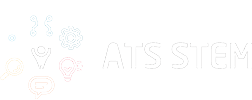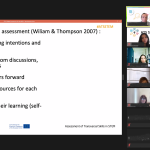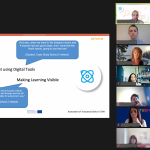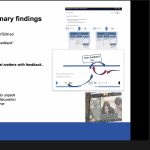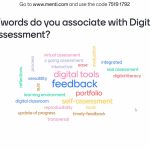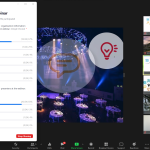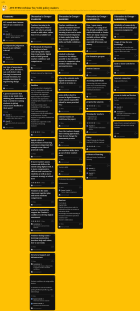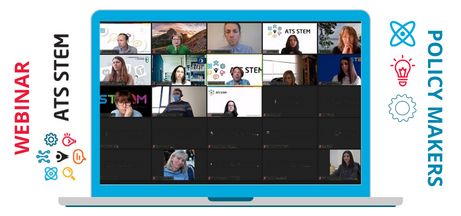
31 Jan Policy Webinar #2
The second ATS STEM webinar for policy makers was held on Friday 28 January 2022 at 10am CET in Zoom. It was led by the Dissemination and exploitation Work Package (WP6) headed by the Slovenian Ministry of Education, Science and Sport. The webinar was the second in a series of planned webinars aimed specifically at national policy makers and stakeholders, allowing room for expert debate/discussion. The focus this time was on experiences and practices of digital formative assessment.
The webinar opened with a short welcome and general introduction including first webinar recap by Petra Bevek and a brief outline of the schedule by Dr Borut Čampelj, both from the Slovenian Ministry of the Education, Science and Sport (MESS), project partner. Project coordinator, Dr Eamon Costello from Dublin City University, first gave a brief overview of the project and then presented the theory behind digital formative assessment in the project. Detailed information can be found in ATS STEM reports:
- Digital Formative Assessment of Transversal Skills in STEM
- Virtual Learning Environments and Digital Tools for Implementing Formative Assessment of Transversal Skills in STEM
Eamon highlighted five key strategies for formative assessment (William & Thompson, 2007) and talked about digital technology functionalities. “Digital assessment of key skills is beyond just recalling of the facts. We learn during assessment.”
Lachlan Paterson from University of Tampere presented Lessons learnt through the implementation of digital formative assessment from Finland and internationally.
They found Qridi tool as most suitable use of digital assessment. The emphasis was on real time assessment; teacher reflection and self-assessment of students. Digital assessment should be used in a deliberate way to support the formative assessment; in advantageous way.
Learning cycles were presented as case studies. Timeliness and immediacy of formative feedback for digital assessment really matters, self-regulation is encouraged. Students were enthusiastic and motivated, but there were also challenges, for younger students under 13 (data protection) and for teachers (adaptation to and reliance on (new) technology).
PhD Eva Hartell, KTH Royal Institute of Technology shared Experience and practices of digital formative assessment from Sweden.
Instead of presenting the broader picture they focused on a practical view, comparative judgement as facilitator for peer assessment. Comparative judgement (CJ) in education relies on iterative pairwise comparisons of student work. Digital tools can faciliate the process of CJ. She mentioned two studies about peer feedback via (adaptive) comparative judgement and explained case studies Open spaces (research design, data collection, use of RM compare, student work and feedback sessions). The only thing that matters with feedback is our response to it.
The webinar also included planned workshop. The topic of the workshop was discussion about ‘What are the enablers and the barriers to Digital formative Assessment policy implementation?’. The participants were divided into six groups and proceeded to discuss in separate breakout rooms for twenty minutes. They wrote the answers to Padlet.
The webinar concluded with the groups sharing their findings, and the closing address by Dr Borut Čampelj.

